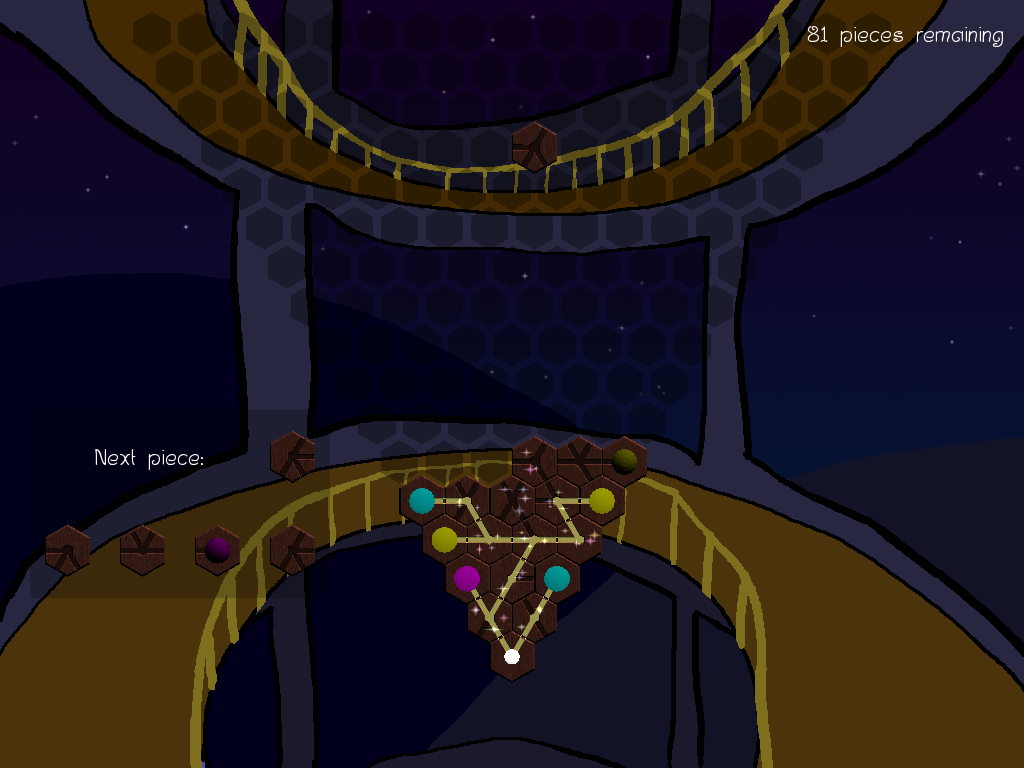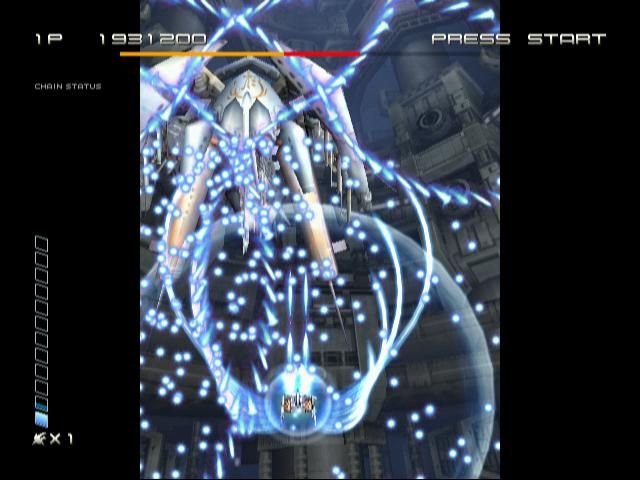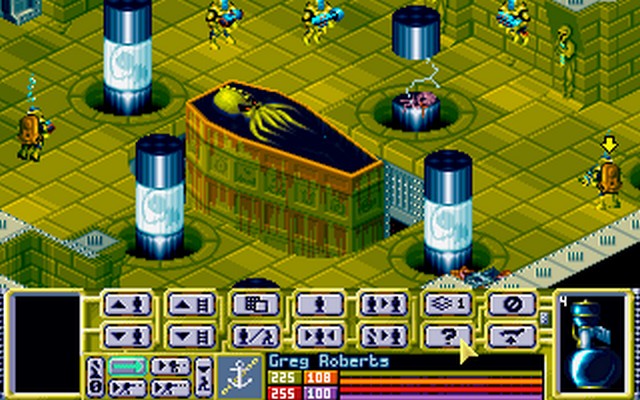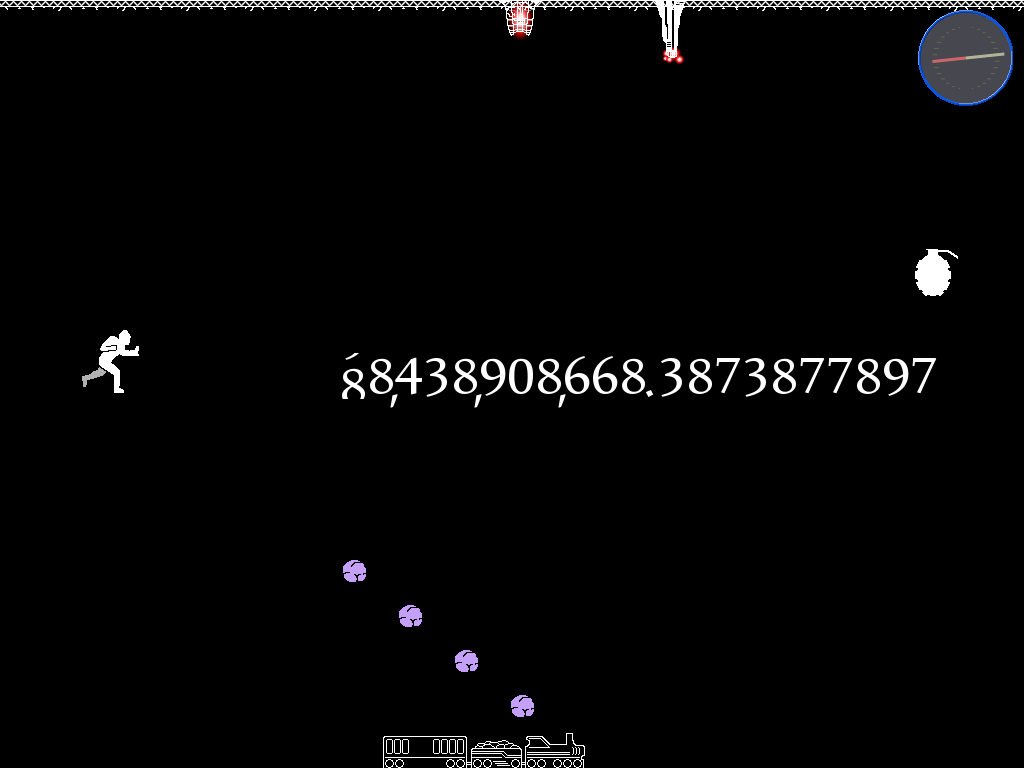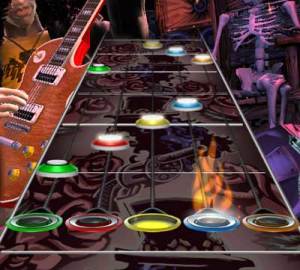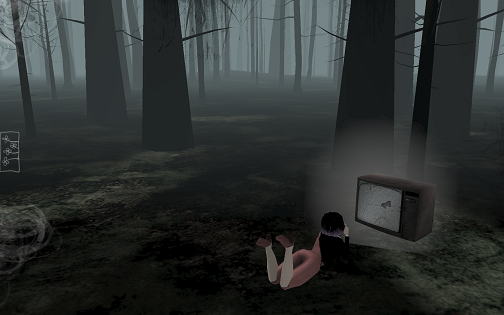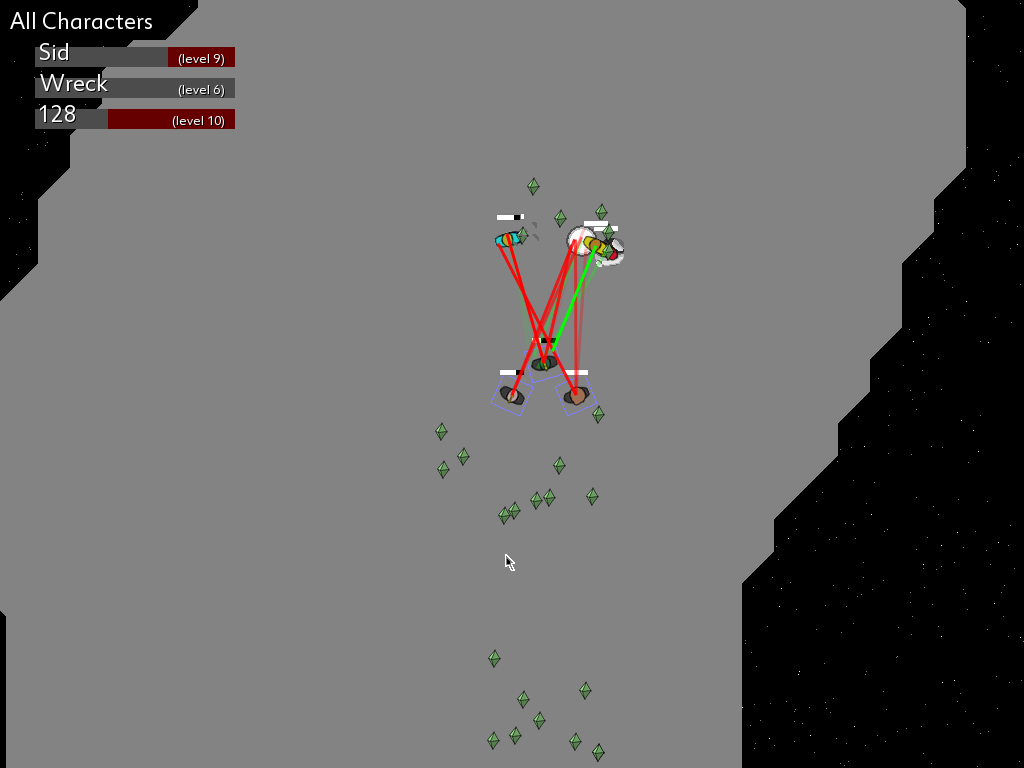I have been thinking, recently, about which board games I enjoy and why.
First, this is a very different subject from computer games. Computer games have plot and flow and artistic beauty outside the raw game mechanics. Board games, fundamentally, don't. They've got flavor, but it tends to be very static flavor – contrast comic books with a single frame from that comic book. Much of this entry doesn't immediately apply to the board game's single-player electronic brethren. I know you guys probably read this for video games, but, well, I'm not a video gamer, I'm a gamer.
Second, what I should be doing is sleeping, but we can probably all guess how well that's working right now.
So you get a development log entry.
An engineer, a physicist, and a mathematician go to a convention.
That night, they all retire to their own separate rooms. They bid each other good night, remark upon the remarkable weather, and sleep. The aforementioned remarkable weather gets worse, lightning strikes the hotel, and a spark leaps from each person's power outlet and lands in their wastebasket, which catches fire.
The engineer wakes up first. He sees the fire, grabs the water cup from his bedside table, and hucks it at the fire, which goes out. After checking to make sure it's out completely, he goes back to sleep.
The physicist wakes shortly after. He quickly estimates the volume of his cup and the size of the fire, guesses at the trajectory necessary to douse the fire, nods in satisfaction, and elegantly hoists his own cup into the air, perfectly covering the fire. He checks to see if it's out, just to be sure, but he knows it will be, and it is, so he goes back to sleep.
The mathematician wakes last. He derives the volume of water, and proves to himself it will put out the fire. He quickly measures his arm strength and the distance to the wastebasket. He calculates an arc that will land the water perfectly in the wastebasket, then rapidly doublechecks his calculations.
"Aha!" he proclaims. "There is a solution!"
And he goes back to sleep.
I really can't stand chess.
I've tried. I really have. I know it's a good game. I know many, many people play it. But me? I can't stand it. I think I finally figured out why.
There's a solution to chess.
More importantly, there's a solution to pretty much everything involved in chess.
Now, okay, we can't make a computer that can play perfectly. But at this point chess largely comes down to sheer horsepower. Chess AIs can beat humans regularly. It's no longer even worth mentioning. The game is understood well enough, and by enough people, to describe it to a computer such that the computer will absolutely destroy you regularly. But this is not the critical part.
The critical part is that there are two groups of people when it comes to chess. There are the people who have been playing for their entire lives, and there are the people who haven't. If you're in the latter group, everything you could possibly come up with in the game has been done already. There is no room for invention. If a move is uncommon, it's probably because it's stupid. The game, for you, is solved.
And it's not like you couldn't get better. Of course you could get better. You could, quite easily, get better at chess than most people you've ever met ever will be. But you'll never be a grandmaster – you didn't start when you were four years old. (What were you thinking?) You will live your entire chess career knowing that there is a bar that you will never reach.
This is not what I want out of my entertainment.
What I've determined, slowly and painfully, is that the part I find fascinating about games is learning how they work. Learning how the pieces interact. Learning how the options interact. Finding ways to break the game, finding ways to fix those breaks, finding ways to break those fixes. I don't want to hone myself to become an absolutely perfect player at a single game – I want to analyze that game from the inside out and figure out its strategies and design philosophies and understand them on an intellectual level. Nothing more.
And with chess, that's already been done. I can walk into bookstores and find shelves of books doing exactly that.
What's your chess-related question? Oh, let me look that up for you! See? There's a solution! You can go back to bed now.
Alright, I'm not going to bed yet, because I wrote that subject line up there and I'm not going to change it because I was more awake when I wrote it than I am now and there's still one bit in that subject that I haven't touched on.
Eurogames.
The history of board games has been a long and complicated one. Settlers of Catan was really the landmark moment in the recent resurgence, and deservedly so, because it is a great game that happens to avoid many of the problems I find in eurogames.
Eurogames are a genre of painstakingly balanced board games, with some light flavor and usually light strategy. A single play tends to make that strategy clear. Perfect execution of the strategy is perhaps difficult, but sufficient execution is usually reasonably simple. Eurogames frequently have further balancing mechanics, so that mistakes made in the beginning and end of the game work themselves out rapidly, leaving a tight playfield at the end for many exciting endings.
Eurogames are a genre of games painstakingly crafted to have limited expert play, with rules carefully constructed to both create an obvious strategy and blatantly demonstrate it to everyone involved. Perfect execution of the strategy is difficult, but except in the absolute highest tiers, largely unnecessary due to internal self-balancing, aimed to insure that everyone is somewhat successful. This balancing can become so extreme that the victory hinges not on your play in the beginning or middle of the game, but on your ability to precisely calculate the entire game state once you're two or three moves from the end.
You see the problem?
It's as if the wastebasket fire came with its own solution. You don't even need to wake the mathematician up, it's already done!
I'm not trying to say that Eurogames are bad games. If anything, the opposite is true – the well-known eurogames are such good games that they are immediately uninteresting. I probably won't be able to break them. The strategy is well-known. In many cases I can't even hone my strategy worth talking about, since either the game result hinges around random chance, or it relies solely on the player's ability to bruteforce the entire game decision tree in his head.
The execution can be fun. No, scratch that, the execution is always fun.
But when I find myself thinking about board games, and wanting to play them again just to analyze them further, I don't think about eurogames. I know how Power Grid works. I understand Settlers. Carcassonne has basically two tiers of play – one involves counting cards, and the other is trivial. Once you learn how not to screw yourself, you're done with Ticket to Ride.
I find myself thinking about the games that I'm not sure are balanced. Starcraft, which, in board game form, is a ridiculously complicated strategy game. Android – I've played it three times, and twice it's ended in degenerate cases that, it turns out, violate the rules. Galaxy Trucker, with an entire major game mechanic that I simply do not know how to optimize yet.
And if I'm not playing a game for the research, I'm playing it for the flavor . . . and with eurogames, that flavor tends to be limited.
It's late, and I'm tired, and I should have been in bed something like (oh god) four hours ago. But at least now I have some basic understanding of why I'm bored of eurogames, and why chess doesn't interest me, and why Go does (it's because the strategy in Go seems less understood, and seems more intuitive, and I don't yet get it, while I do basically understand how chess works even though I can't play worth a damn), and why I'm finding myself rather fascinated with Arimaa lately.
I suppose if there's one thing you can hope to get out of sleep deprivation, it's introspection.
And now I really am going to bed.

